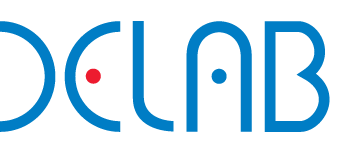The main goal of this report is to introduce an online
tool that facilitates the exploration of key technology
challenges and related policy issues. Based on a text-mining
methodology, we have examined and identified the specific
topics discussed in a wide range of written media shared on
social media platforms.
We focused on six general umbrella topics:
- Environment, Sustainability & Resilience
- Decentralising Power & Building Alternatives
- Public Space & Sociality
- Privacy, Identity & Data Governance
- Trustworthy Information Flows
- Cybersecurity & Democracy
- Access, Inclusion & Justice
For each wide topic, interactive maps present clusters of
articles covering related issues, enabling the discovery of
problems, opinions and recommendations for solutions.
With expert analysis, we have tagged and named these
clusters on the map, supporting further analyses by the
users.
In order to showcase the potential of the tool,
we have prepared a deep dive for the umbrella topic
Access, Inclusion & Justice.
The reports provides insights on the challenges and
solutions related to:
Open Internet (access to the Internet, control over
infrastructure, censorship and content moderation)
Inclusive Tech (gender and racial equality,
inclusive education, legal tech)
Ethical Tech (algorithmic bias, military and
surveillance application of AI, gig economy)
Read full report






